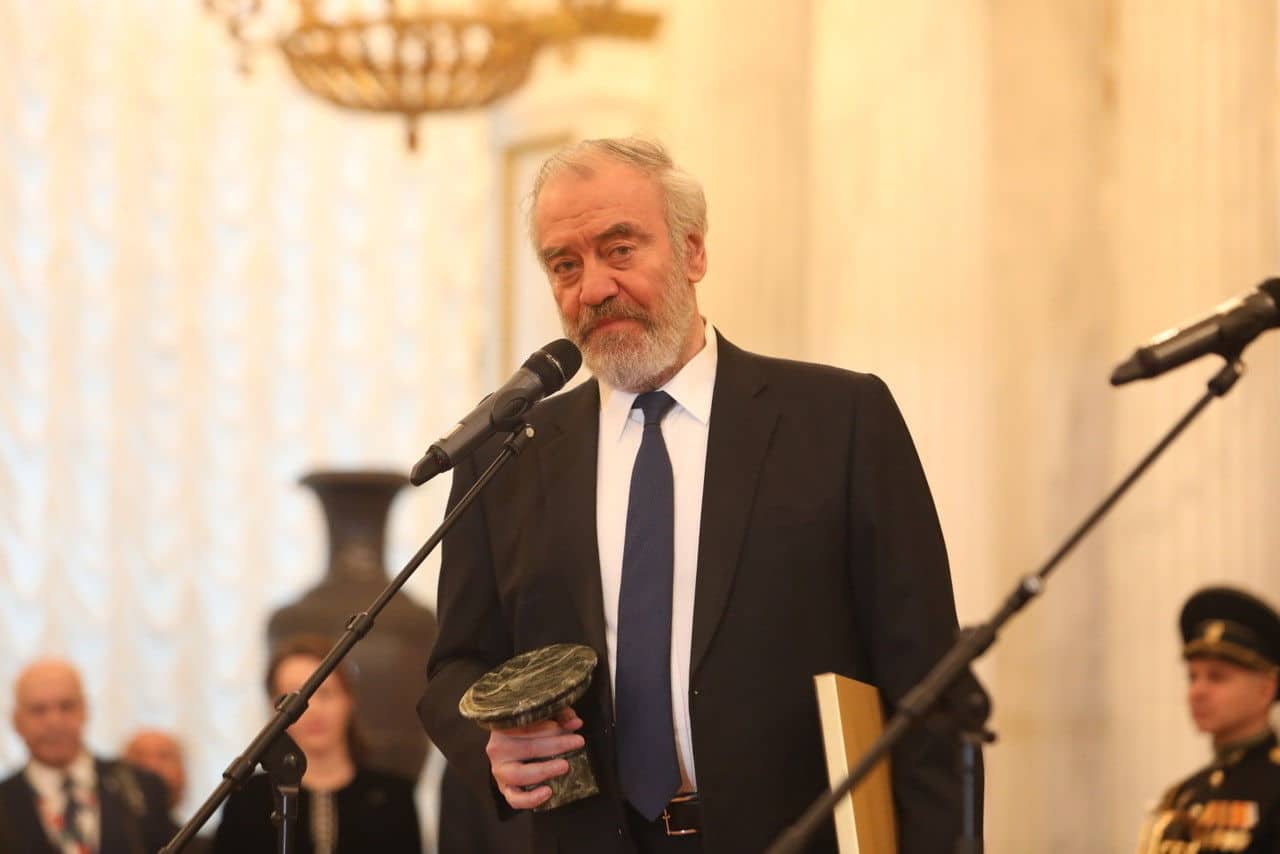Richest man in modern music
mainThe Grawemeyer award, the largest in contemporary music, has gone to the Dutch composer Louis Andriessen for his opera La Commedia, staged in 2008.
The prize is worth $100,000, which was a life-changing amount when Witold Lustoslawski, Gyorgy Ligeti and Harrison Birtwistle won it in the mid-1980s but seems rather diminished today, not just in purchasing power so much as in the quality of its selections.
Based at the University of Louisville, Kentucky, the peer-given award rarely goes to world-changing works like John Corigliano’s first symphony (1991), Tan Dun’s Marco Polo (1998) or Peter Lieberson’s Neruda Songs (2008). A worthiness has crept in. Often as not it is given to eminent composers who are past ther best but have never won it before. What, we’ve never honoured Kurtag or Boulez? Let’s find a squib of theirs that justifies a prize.
No disrespect to Andriessen who is a jazz-inflected para-minimalist with a powerful, platonic view of human order that he expressed influentially in De Staat as far back as 1976. He is an excellent composer who should have won the Grawemeyer years ago. I doubt, however, that La Commedia is his finest work, or the best that has been heard anywhere in the past two years. Andriessen does not rank high among composers who will dominate the future. The Grawemeyer needs to take a stern, cold look at its short-term judgements.
Here’s the Grawemeyer announcement:





The prize used to be bigger than $100,000 – read the NY Times on the award.
http://www.nytimes.com/2010/11/29/arts/music/29arts-DUTCHCOMPOSE_BRF.html?src=twr
Boulez won for Sur Incises, which is hardly a squib.
The award is not entirely peer-given. Read the announcement you linked to, the award involves a “knowledgeable lay panel”.
Note that you linked not to the Grawemeyer’s announcement, but to Boosey’s announcement.
I am confused by your two assertions regarding Andriessen: “is an excellent composer who should have won the Grawemeyer years ago” and “he does not rank high among composers who will dominate the future” Is he worthy or not?
The “stern, cold look” you suggest is rather melodramatic. Every award is problematic, but I think the list of Grawemeyer award winners is quite strong.
The prize used to be bigger than $100,000 – read the NY Times on the award.
http://www.nytimes.com/2010/11/29/arts/music/29arts-DUTCHCOMPOSE_BRF.html?src=twr
Boulez won for Sur Incises, which is hardly a squib.
The award is not entirely peer-given. Read the announcement you linked to, the award involves a “knowledgeable lay panel”.
Note that you linked not to the Grawemeyer’s announcement, but to Boosey’s announcement.
I am confused by your two assertions regarding Andriessen: “is an excellent composer who should have won the Grawemeyer years ago” and “he does not rank high among composers who will dominate the future” Is he worthy or not?
The “stern, cold look” you suggest is rather melodramatic. Every award is problematic, but I think the list of Grawemeyer award winners is quite strong.
Apparently it’s now worth $200,000 (US), after being $150,000 from its inception. I grant you, not what it used to be, but better than a kick in the teeth and double what you said!
As other commenters point out, the prize was $150,000 in the 1980s (and throughout the ’90s). It was increased to $200,000 in 2000. I’m not sure whether it really has decreased to $100,000 now or whether that was a mistake in Boosey’s press release. The Grawemeyer website doesn’t seem to mention the value of the prize after around 2003.
I’m confused by the end of your post, too. He won’t “dominate the future”; they need to look at their “short-term judgements” … Are we talking long-term or short-term after all?
The suggestion that the three works cited here as “world-changing” are so is simply bizarre.
That all are basically conservative may be a clue to the author’s musical tastes.
The suggestion that the three works cited here as “world-changing” are so is simply bizarre.
That all are basically conservative may be a clue to the author’s musical tastes.